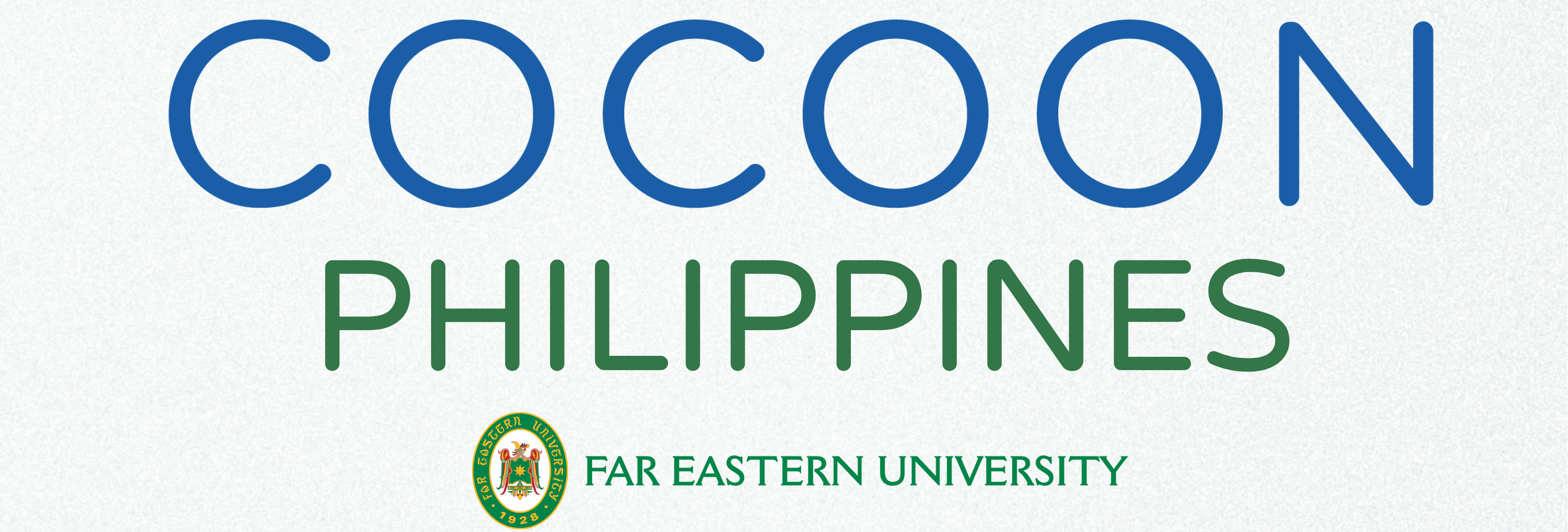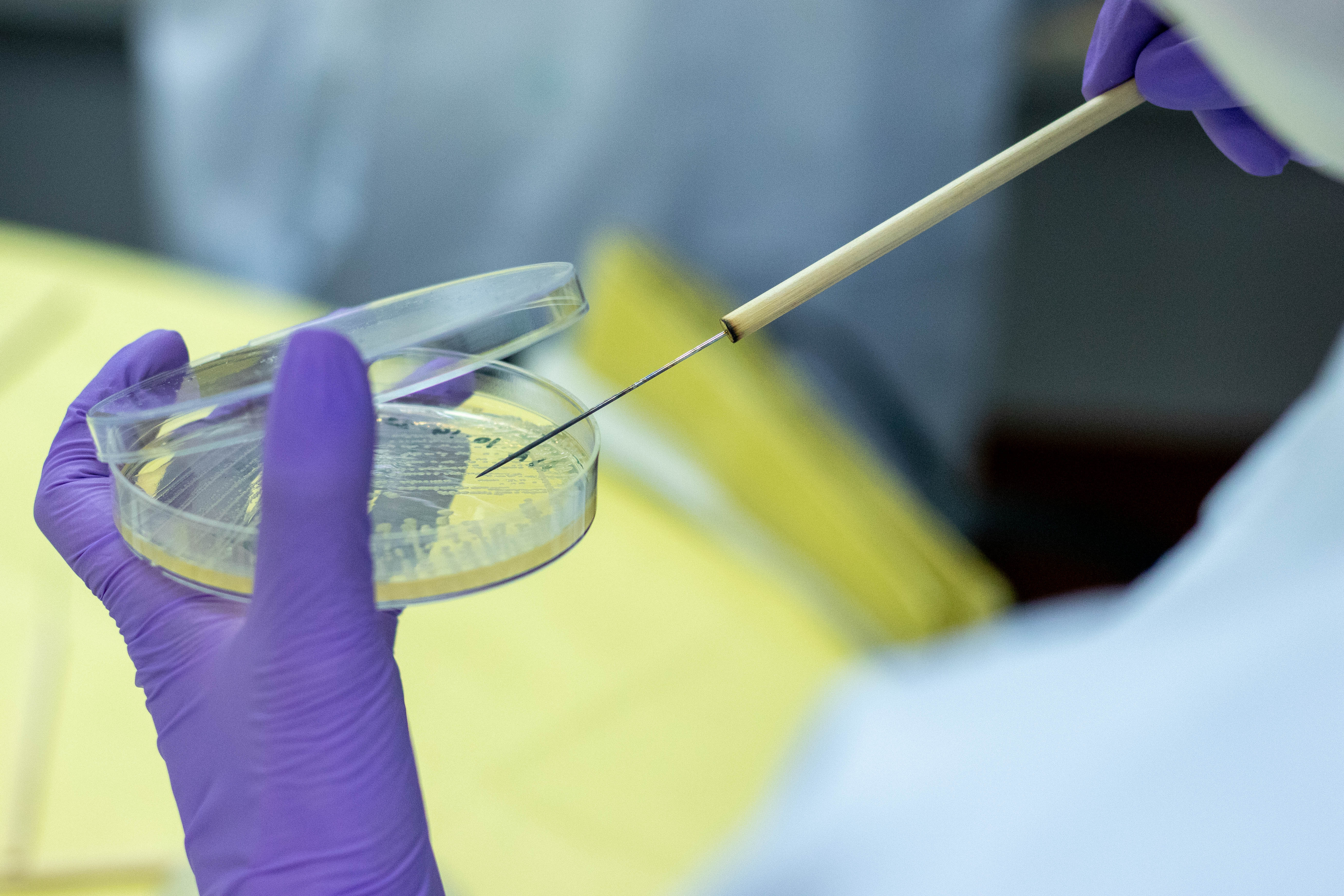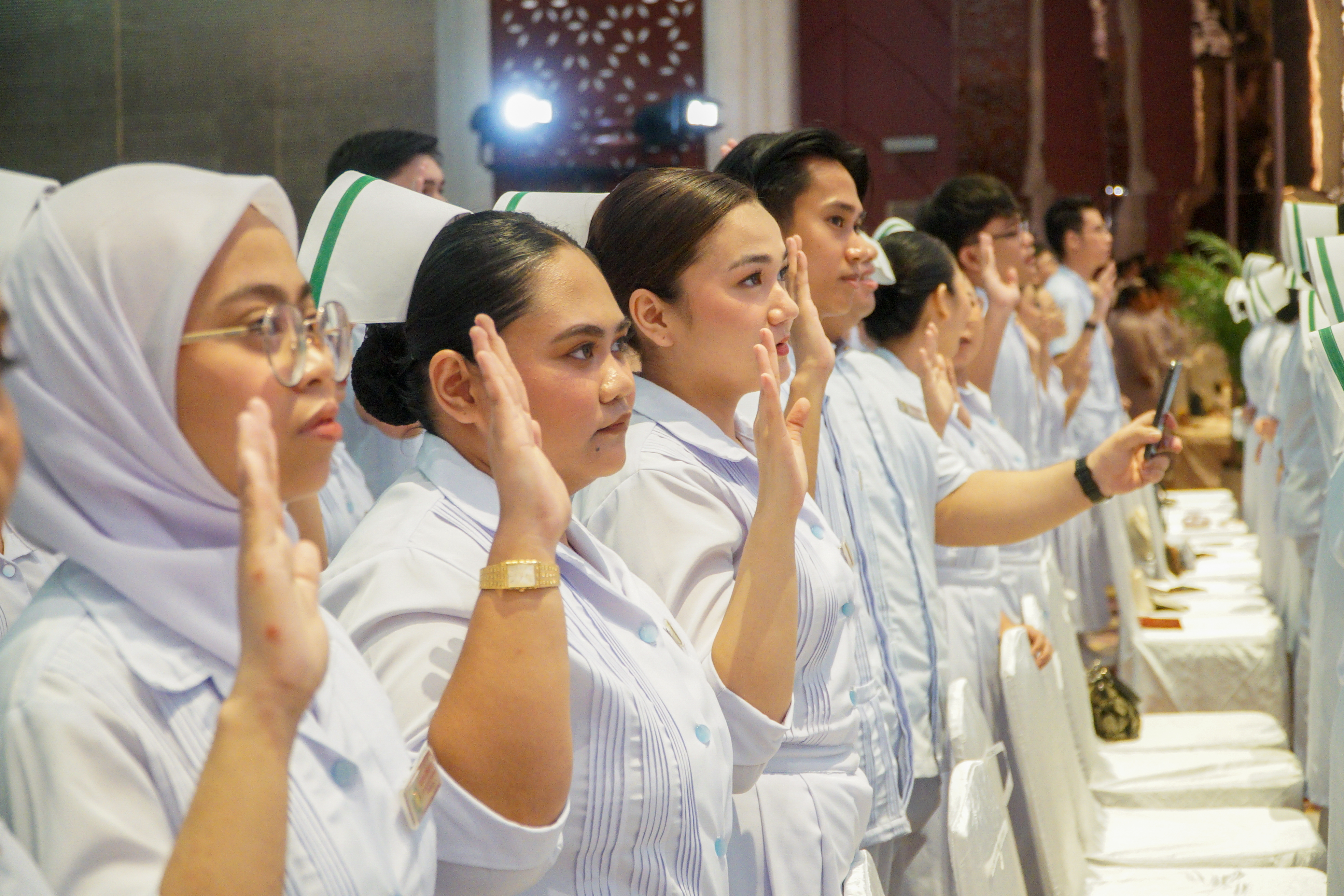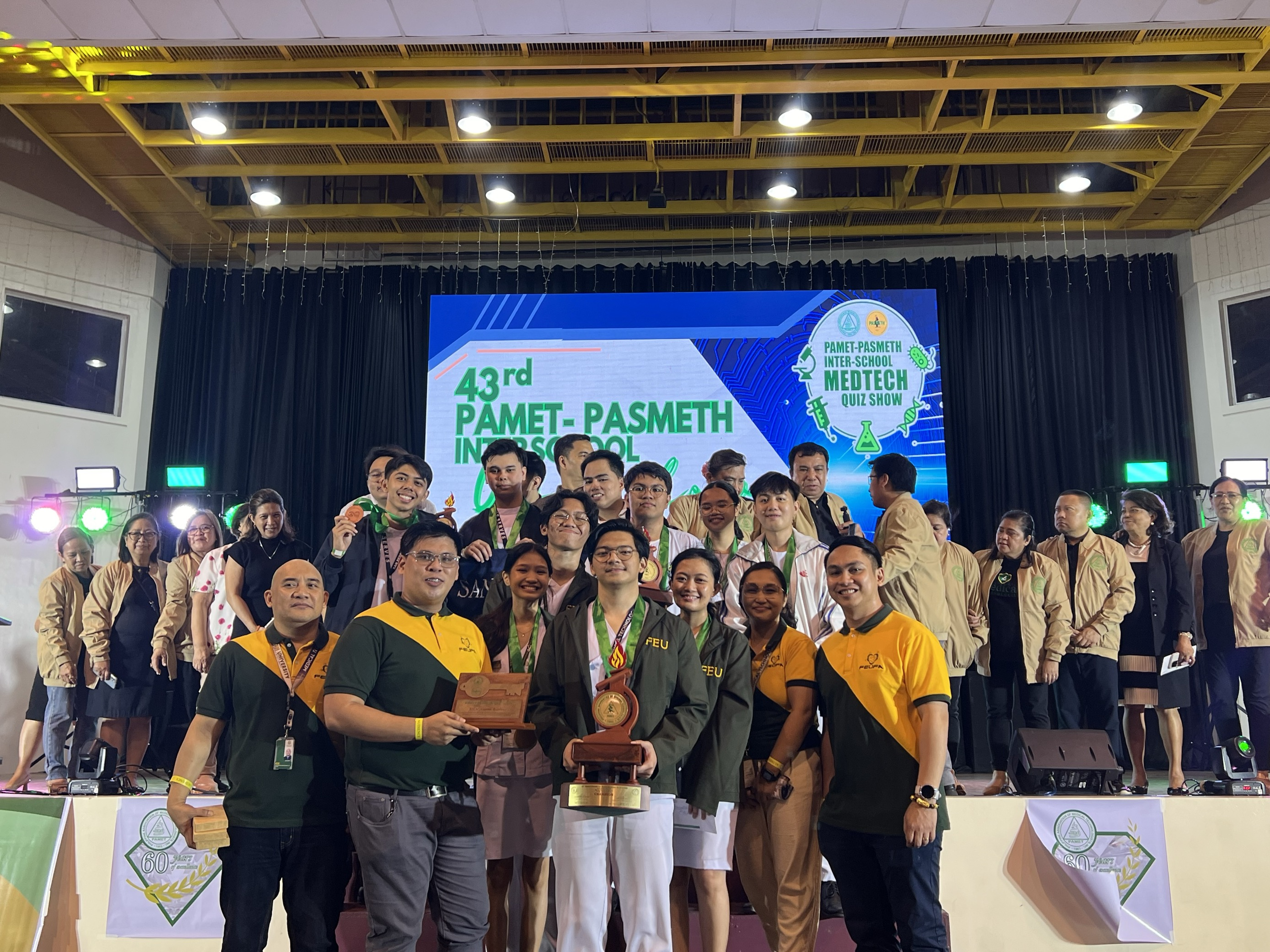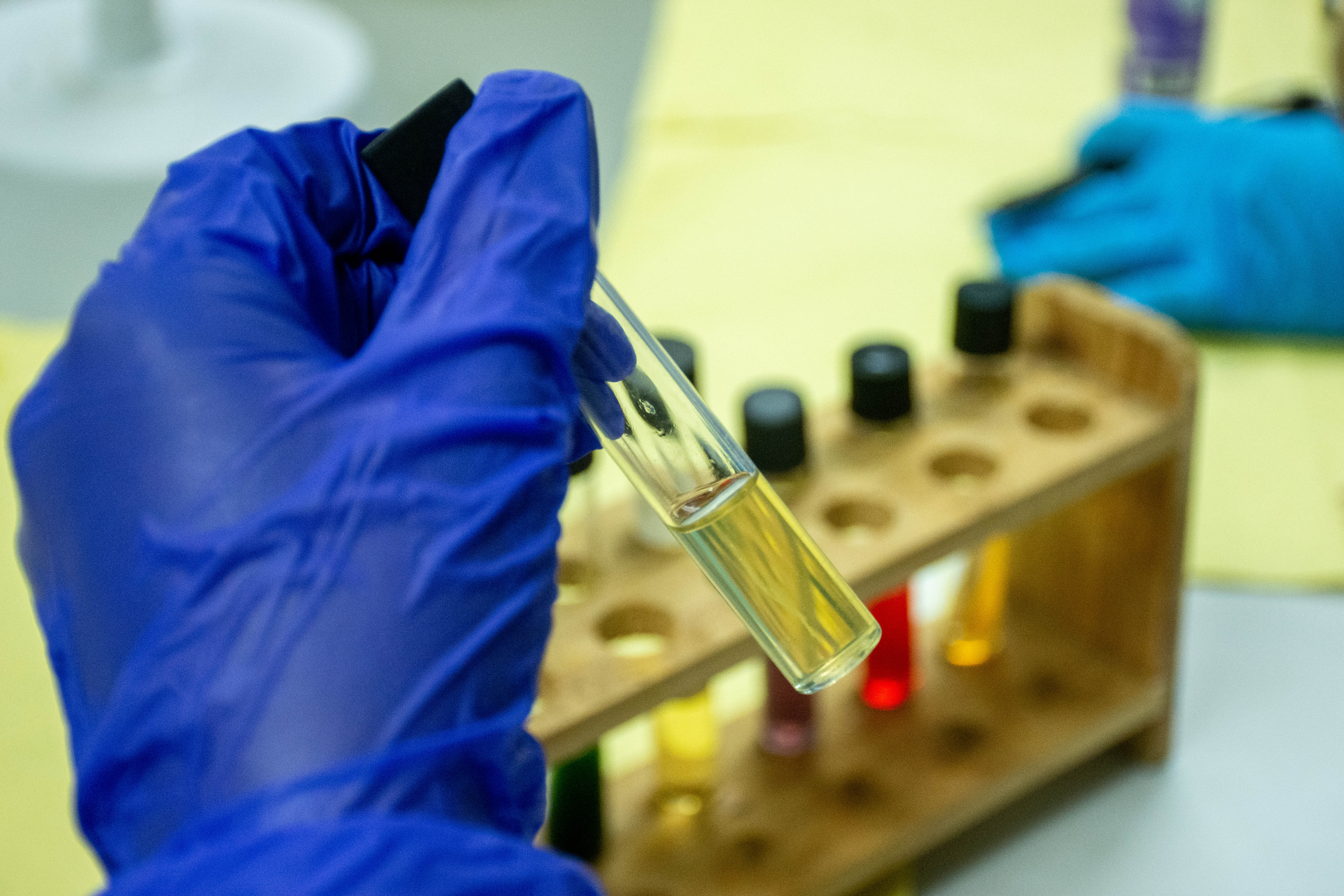The research initiative COntinuing care in COVID-19 Outbreak: A global survey of New expectant and bereaved parent experiences or COCOON is led by Far Eastern University (FEU), as the Philippines is one of its contributing countries.
Dr. Joemer Maravilla, a Research Fellow of the School of Public Health, the University of Queensland (UQ), Australia, was initially invited by the UQ to join the project and to look for possible collaborators in the Philippines. After initially working with one of the project’s lead investigators in Australia, Maravilla pitched the research initiative to FEU.
“COCOON Philippines is a collaborative project between FEU and the University of Queensland. It is a global project conducted in different countries. We are also collaborating with Mater Research Institute, King’s College London, and International Stillbirth Alliance. “It is a global research involving high profile universities and research institutions,” said Marivalla, an alumnus and adjunct faculty of FEU Nursing Department.
FEU is primarily funding COCOON Philippines through University Research Assistance Grant (URAG), a university-wide research time and financial assistance to FEU academic researchers. The project is currently funded until 2026, and is headed by the principal investigator Assistat Prof. Joycelyn Abiog Filoteo of Nursing Department. Dr. Ana Nelia Lopez Jumamil of Psychology Department, as one of the co-leads.
The project is top billed as first of the first. It is one of the first projects in the university wherein two disciplines collaborate, nursing and psychology. It is also the first study in the Philippines that aims to look at the social determinants of stillbirth and neonatal deaths to parents.
“We recognized the cases of stillbirth and neonatal death in the country. We have so many cases of it, but we never looked at it before. So, this project is the first of the first not only in FEU but in the country,” Maravilla added.
COCOON Philippines was first launched in the Philippines last February 2023 through a three-day event attended by FEU executive board, faculty, and staff, led by Senior Vice President for Academic Affairs Dr. Maria Teresa Trinidad P. Tinio, Vice President for Academic Development Dr. Evangeline P. Bautista and the deans of FEU institutes. It was also attended by representatives from the Department of Health (DOH), Departments of Science and Technology – Philippine Council for Health Research and Development (DOST-PCHRD), University of Queensland, barangay health workers, and community members.
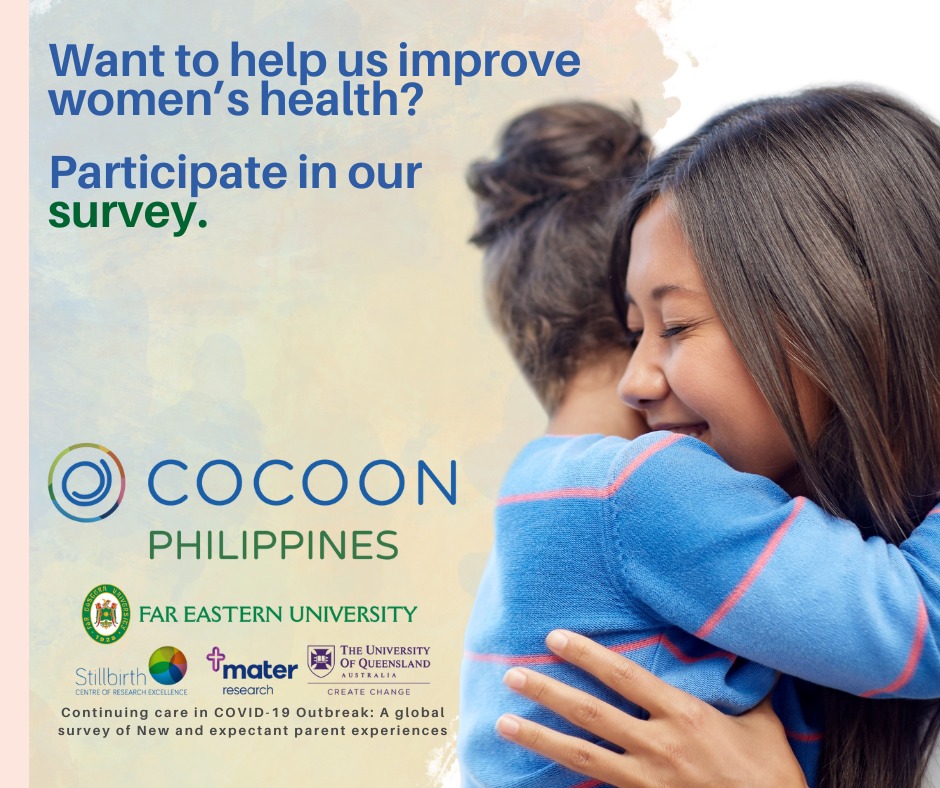
According to Maravilla, DOH claimed, during the event, that the Ph government has no specific projects on bereavement care for mothers who had experienced stillbirth and neonatal death thus, positioning COCOON Philippines in the forefront in accessing and understanding the experiences and concerns of bereaved parents, and developing support services appropriate for them.
Meanwhile, according to the 2021 World Health Organization (WHO) country key indicators, the Philippines has a still birth rate of 10.17 per 1000 births, and a neonatal mortality rate of 12.28 (0 – 27 completed days of life) per 1000 births. Moreover, UNICEF released an article last January 2023 mentioning that Philippines has an annual record of more than 25,000 stillborn babies.
“The focus of the country, at the moment, is to help mothers with safe deliveries but in cases of loss, we have no guidelines or in-depth data on it in the Philippines. We know there are cases of stillbirth and neonatal losses, but we do not know the solutions, the coping strategies we can introduce to help the grieving parents. And that is one of the expected outcomes of our study,” Maravilla explained.
COCOON Philippines aims to include 1100 participants, composed of pregnant women, women who experienced stillbirth and neonatal death, and their partners. The data collection involves a mixed self-administered online survey and face-to-face survey in Metro Manila and Region IV-A CALABARZON. Research participants will receive two hundred fifty pesos as compensation for their time taking the survey.
“We want to make sure that the participants will feel safe while answering the online survey and disclosing their mental health problems, especially that it tackles very serious cases.”
As of this moment, COCOON Philippines already launched it official Facebook page and will serve as the research’s avenue in looking for additional participants. If people want to join this global initiative to improve women’s health and bereavement services, or if they know of others who are willing to participate, they can visit and message https://www.facebook.com/cocoon.pinas. Due to the sensitive nature of the study, links to online survey will not be released publicly and will only be given to the successfully screened participants.
The impetus of COCOON
Loss, grief and coping, these are some of the words being associated with the pandemic. In 2020, lives around the world were interrupted abruptly with no assurance of return to the old ways. Schools, businesses, malls, and offices physically closed. And most of the daily operations went online. Lifetime earnings depleted as commodity prices skyrocketed. Medical supplies saw an all-time high demand, but production was slow due to limited factory operations – resulting to higher prices of medical products. Many lives were lost, and suffering was not enough to explain the global collapse due to COVID-19.
According to WHO, of 25 February 2024, the coronavirus infected 774,771,942 people globally and 7,035,337 deaths were recorded. In a study conducted in the Indian state of Bihar, by a group of researchers led by Rahki Dandona, last July 2020 to June 2021, 582 stillbirths among 30412 births were recorded. In a separate study led by Vivek Shukla, the trends of fetal and neonatal outcomes during the initial pandemic (March 2020 to June 2021) and delta pandemic (July to September 2021) were looked at Alabama, US. The results showed that despite a lower neonatal death during the periods (3.6 out of 1000 live births), the stillbirth remained high with 8.6 rate out of 100 live births.
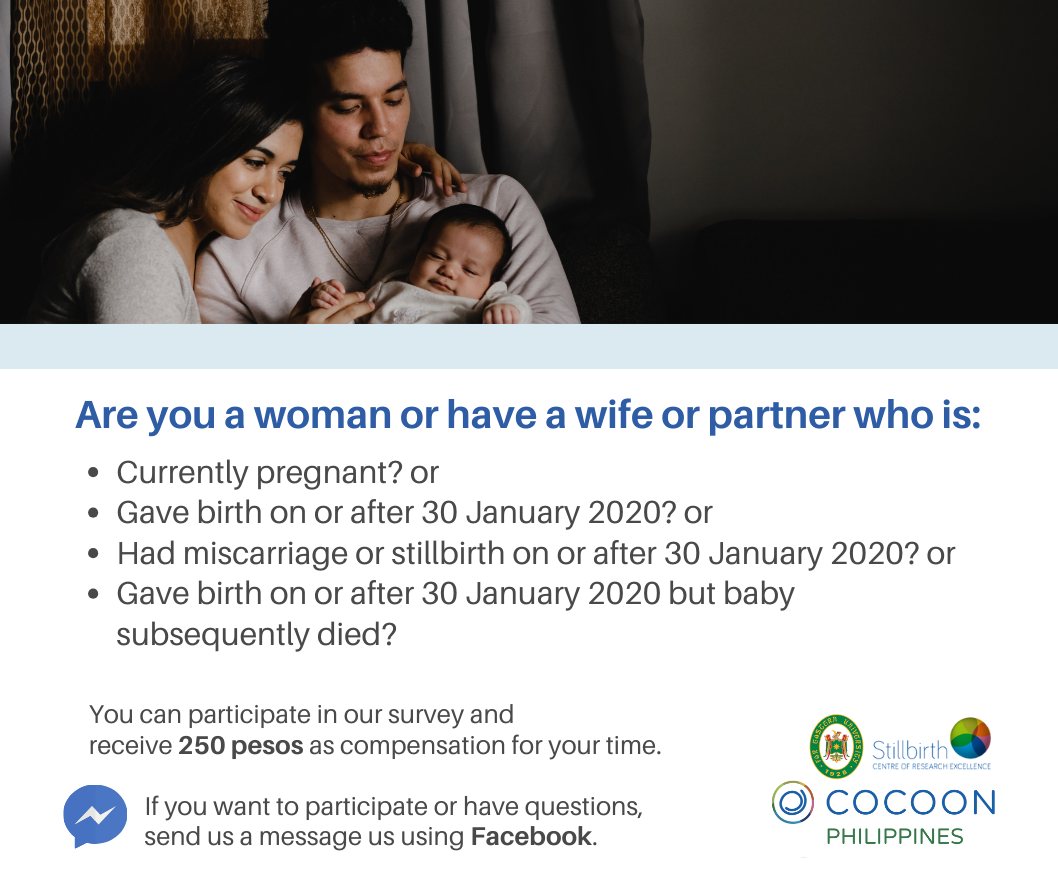
Zachary Wagner, on the other hand, led the study on infant and neonatal fatalities among low- and middle-income countries during the pandemic, including the Philippines. The study estimated that the stillbirth rate increased by 9.9 deaths per 1000 live births, which is a 22 percent increase from the record prior to the pandemic. On the other hand, neonatal mortality increased by 6.7 deaths per 1000 live births, another 27 percent increase from pre-pandemic records.
Stillbirth and neonatal death cases are two of many neglected causes of stress and depression among adults. Stillbirth is defined by the WHO as the death of the fetus after 28 weeks of pregnancy, but before or during birth. Neonatal death, on the other hand, is defined as the “deaths among live births during the first 28 completed days of life.”
To understand the challenges, concerns and experiences of parents who have experienced stillbirth and neonatal death during the pandemic, The Stillbirth Centre for Research Excellence coordinated a global research initiative involving the International Stillbirth Alliance, the Burnet Institute, and academic institutions from 14 different countries around the world.
